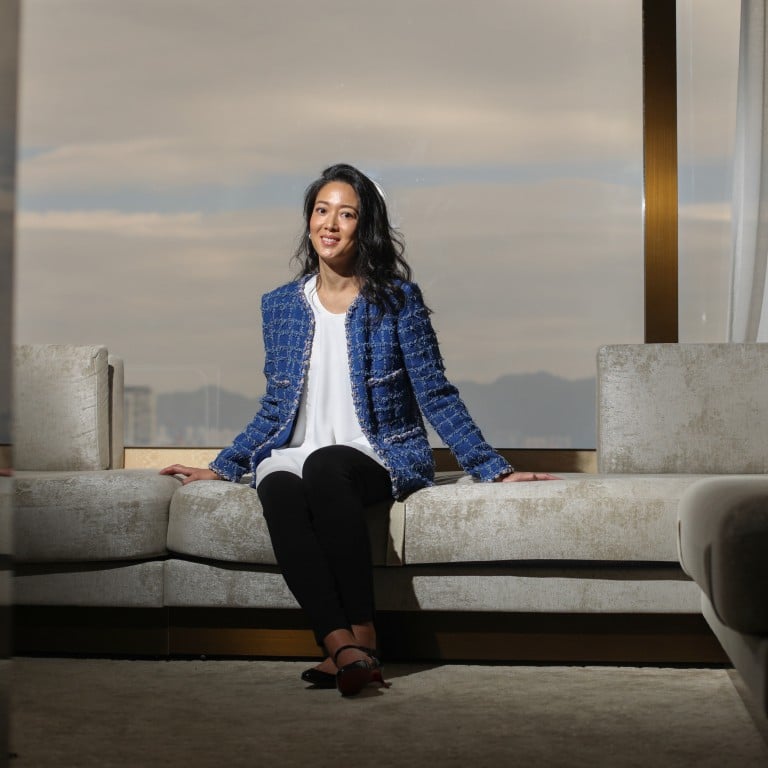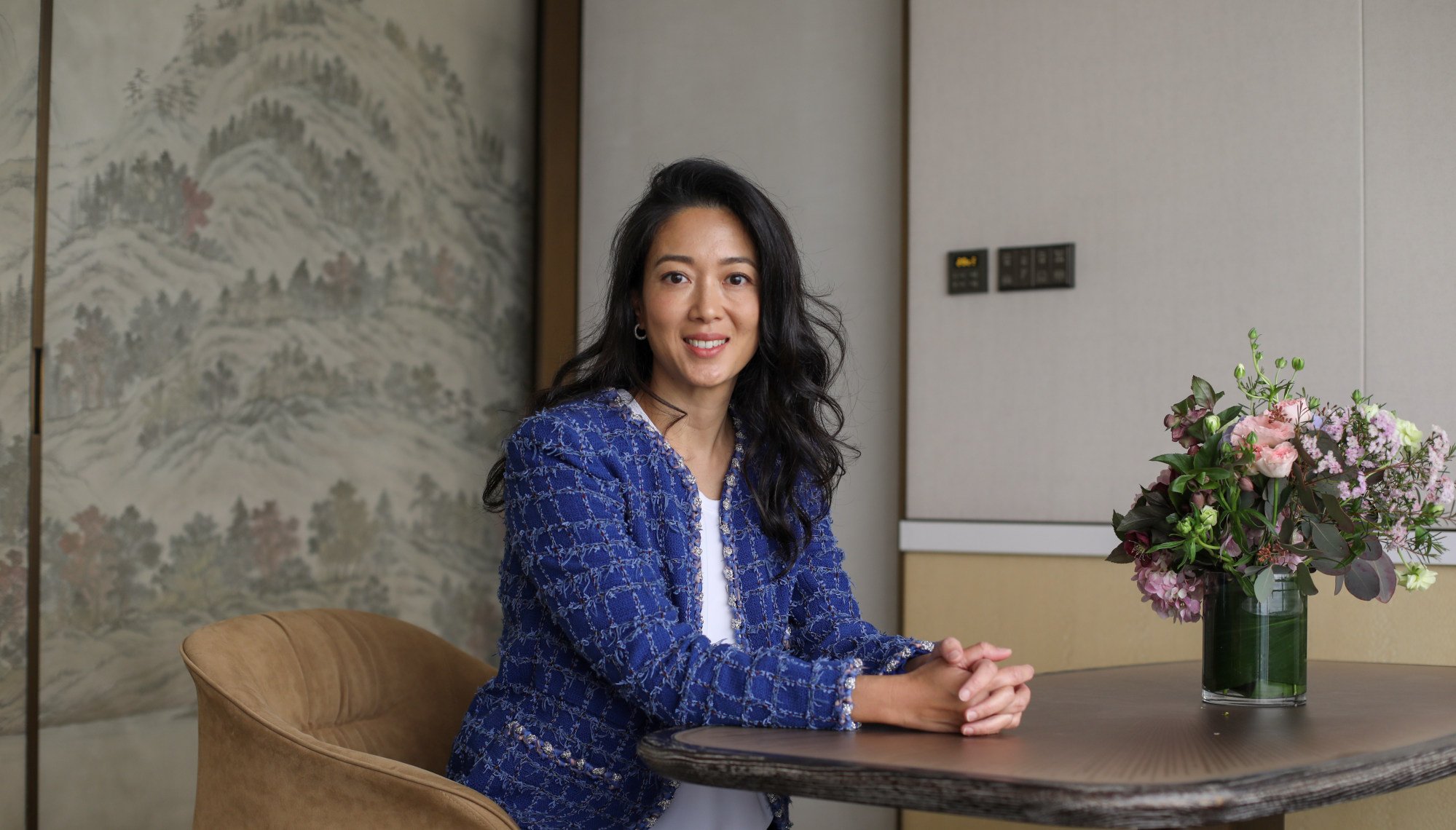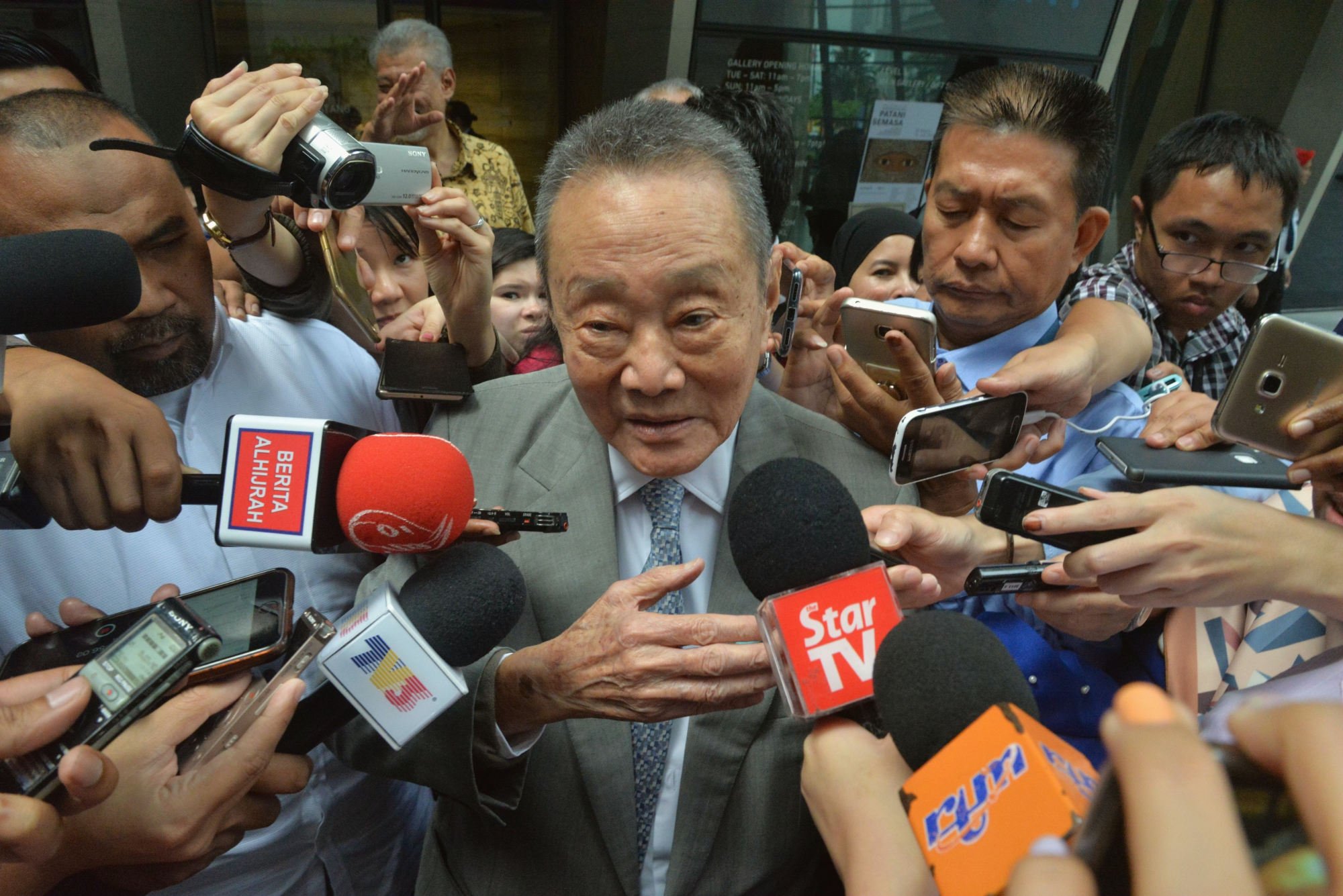
Shangri-La Hotel’s Hui Kuok braves new world of social media to share stories on life, goals with staff, guests
- Harvard-educated Kuok created her Xiaohongshu account in 2021 during the pandemic after ‘debate within self’ on the good and bad of social media
- Kuok manages more than 42,000 people within its chain of 104 hotels worldwide
If there was one valuable lesson that Kuok Hui Kwong learned during the Covid-19 outbreak, it was the importance of telling a complete and authentic story to her audience.
Two factors compelled her to take the plunge. One was to communicate on a more casual platform with Shangri-La staff. The other was to give a glimpse of a human face to business decisions behind the hotel group founded in 1971 by her father Robert Kuok Hock-nien. Xiaohongshu, or little red book, is a 10-year old social network sometimes dubbed China’s answer to Instagram.
“I have always felt the power of social media, and we live in an age where we cannot ignore it,” said Kuok in an interview with the Post, which she managed as chief executive from January 2009 to June 2012. “Because so many of our hotels are so far away [from Hong Kong], I felt that if I didn’t at least try to put my narrative out there, you do not know who is saying what to whom about you or the headquarters.”

Kuok has been at the helm of Shangri-La since 2017, managing more than 25,000 staff in its portfolio of 104 hotels and resorts across four brands in 78 destinations worldwide. She had to balance that job with a family life as a wife and a mother. Her career path included a stint as an investment banking analyst at JPMorgan Chase.
“Heartfelt Asian hospitality is in our DNA, and [in] the foundation that my father laid down,” she said. “When someone comes to your home or visits you at your office, you always try to make them feel welcome, with a sense of warmth. The other was to ensure that all the staff [and] colleagues feel they are respected and cared for.”
Shangri-La Group’s expansion in Middle East to start paying off
“During Covid, we laid off the least number of people in the industry,” said Kuok. “We wanted to keep as many jobs as possible and keep our colleagues. I’m proud of that because it’s easier to be a good employer during good times. It’s much harder to be a good employer during bad times.”
The Shangri-La group had 25,400 employees on staff at the end of June, according to the latest interim report, a 6.3-per cent growth from six months earlier as the mainland and Hong Kong relaxed their pandemic controls. Pre-Covid in 2019, the hotel group employed 29,400 people in 2019.

Including hotels managed but not owned by the group, the headcount was about 42,000 worldwide versus 46,400 in 2019.
Travellers have returned in dribs and drabs, with the group’s average occupancy rate rising to 65 per cent in Hong Kong during the first half, compared with 67 per cent across its properties among the largest cities on the mainland. The group swung to a profit in the first six months, reporting US$131.4 million in net income. Other markets also improved, with 79 per cent occupancy in Singapore and 77 per cent in Australia.
China, with a population of more than 1.4 billion people, is still Shangri-La’s main growth market. As many as 54 of the hotels under the Shangri-La, Jen and Kerry brands are located in Beijing, Shanghai, Nanning and Sanya, among other cities. The mainland economy has grown in size to just under US$18 trillion in 2022, from about US$100 billion in 1971, according to data published by the World Bank.
Hong Kong’s Island Shangri-La hotel debuts new wellness centre
“In 1971, Asia was poor, whereas today, everyone is trying to figure out how to get the Asian consumers to spend on them,” Kuok said. “The richest people on earth are rich because of the Asian consumers.”
On her social media platform, Kuok shares photos and videos of her childhood, travels, parents, parenting and books that she reads. In the most recent post on October 31, she shared her thoughts about taking care of babies.

Even so, Kuok didn’t grant an interview to any media until last month, when she sat down for almost two hours with the Post to talk about the industry, the Shangri-La business in the Middle East, and her career.
Hong Kong must still find a way to tell a better story, to show that it is more than just another shopping destination in an ultra-modern urban setting, Kuok said. While famed for its business efficiency, little is known about such attractions as the abundant hiking trails and cultural heritage, including its cuisine and burgeoning arts scene, she said.
“Hong Kong has a lot going for it,” Kuok said. “I feel like what is missing is the storytelling.”

